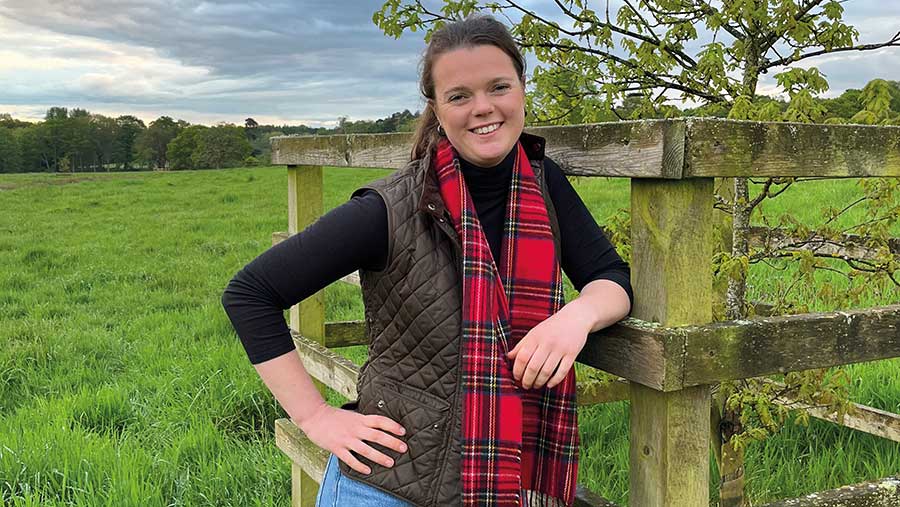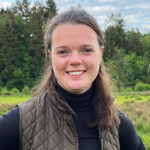Molly Biddell: Bring the ‘future change-makers’ into farming
 © Molly Biddell
© Molly Biddell My job didn’t exist five years ago. That may sound peculiar for someone working in farming, humanity’s oldest profession, but when I left school, “natural capital” wasn’t even a buzzword, let alone an option at career fairs.
This had me thinking – what jobs will people be applying to in the rural sector in 10 years’ time?
Our sector is embarking on such a monumental transition and this shake-up is already creating new roles and business models.
See also: James Herrick – cattle should be functional not flashy
In 2033, we will be a sector not just of farmers, but also full of professional drone flyers, green social prescribers, environmental credit raters, share farmers, care farmers, digital twin creators, ecotourism experts, forest schoolteachers, vertical growers, nutrition analysts, marketing storytellers, community engagement officers, flying flockers, regenerative practitioners, precision fermentation connoisseurs – the list goes on.
This is the backbone of the future green economy, and it is therefore so important that we encourage thinkers and doers of all backgrounds and experiences into the rural sector right now.
Rural business is already an exciting place to be working in, but it’s about to get a whole load more exciting. We are facing new markets, technologies, and customers and we need new ideas to disrupt the status quo.
We all know farming in the UK has a big diversity problem – we must double down on addressing it to build a creative, dynamic and resilient land management sector.
Inspiring kids through Farmer Time, Open Farm Sunday and school visits is essential, but we need to do more to promote rural careers to students, no matter where they live or what their experience is.
If we want our sector to survive, let alone thrive, we must become more inclusive.
I am part of a generation of eco-anxious millennials who have grown up on a diet of David Attenborough and dystopic conversations about ecosystem collapse.
The rural sector is one of the few places where solutions can be created, so let’s reach out to the student climate-strikers and future change-makers and bring them, their new ideas, buzzwords, and job titles, on board.


